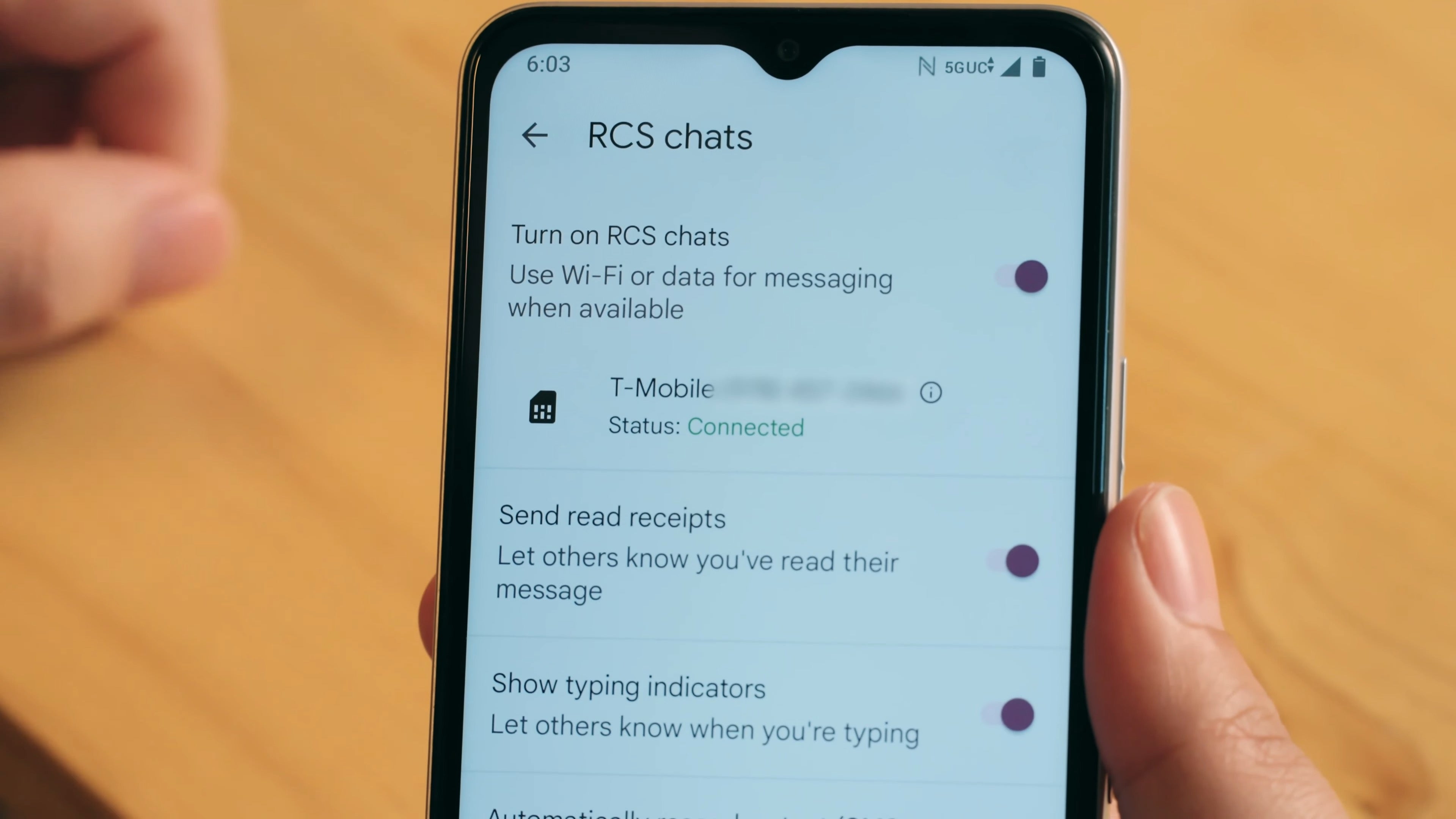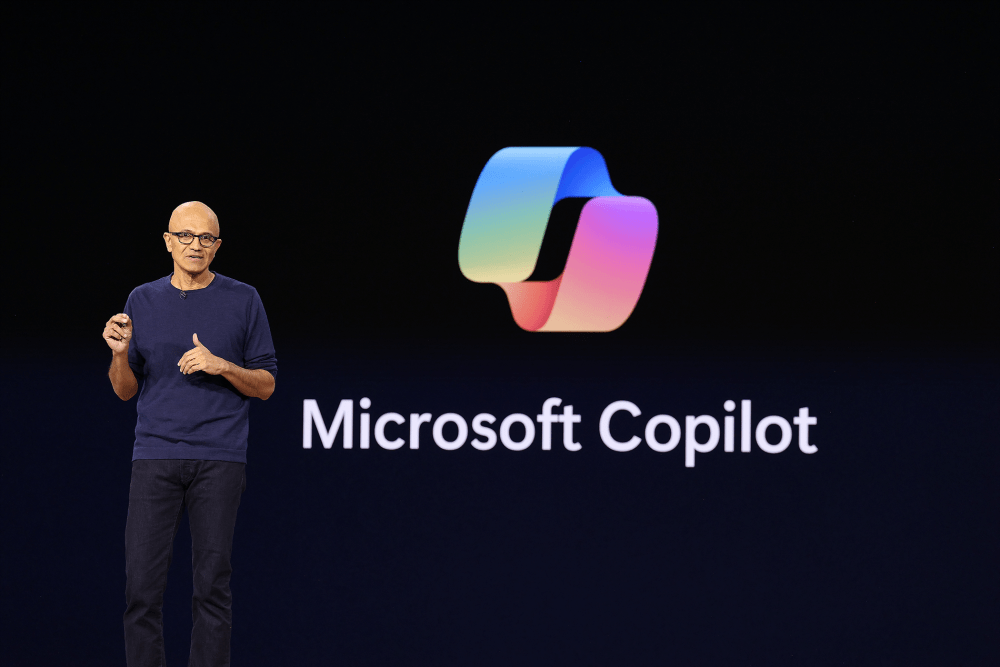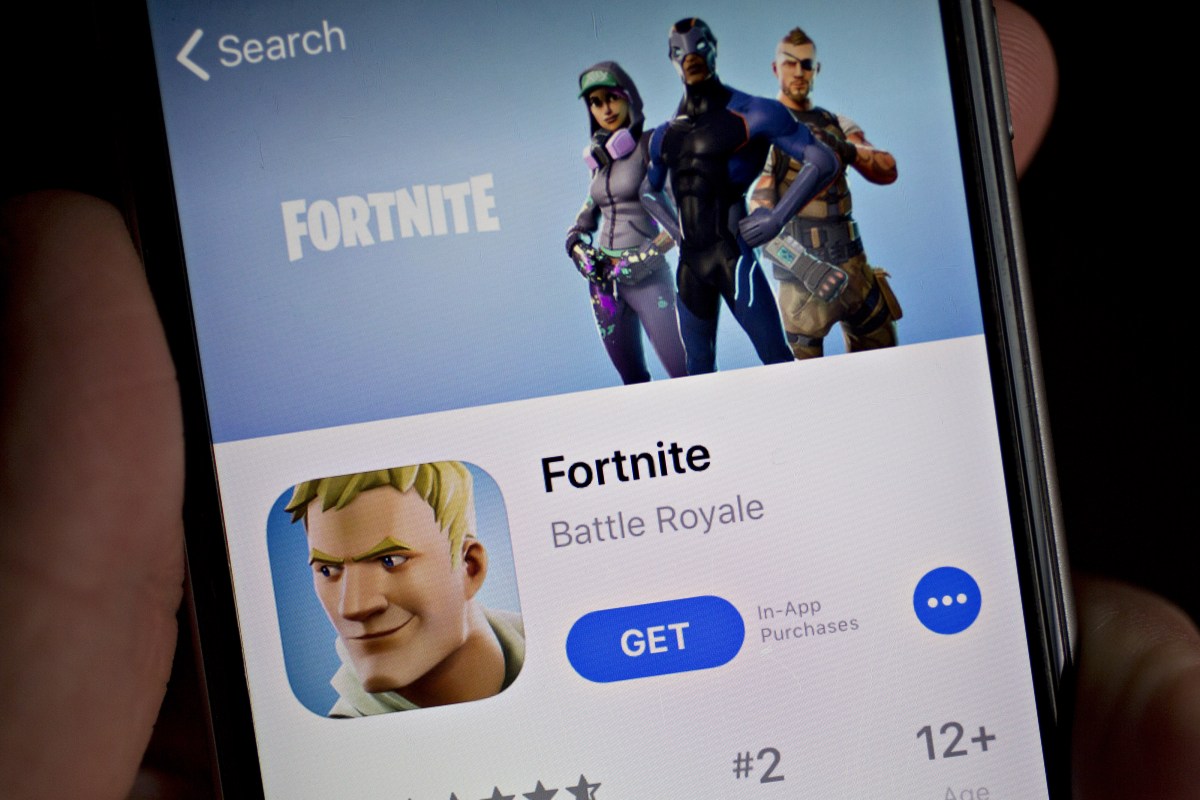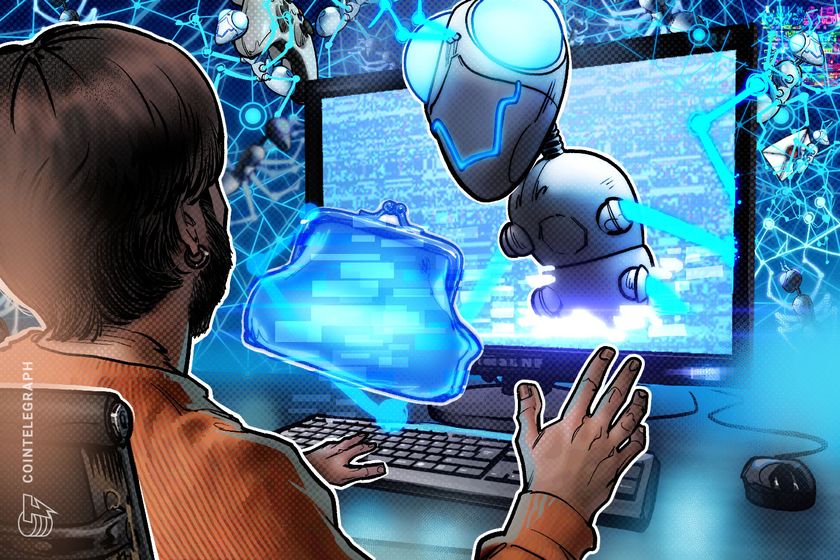YourStory launches Builders’ Guild to power India’s developer communities
The new initiative aims to equip India’s developers with the skills, tools, and mindset needed to navigate an AI-driven shift in software work.


As artificial intelligence (AI) redefines the nature of software work, it is clear that knowing how to code is no longer enough. In this rapidly evolving landscape, YourStory has launched the Builders’ Guild, an initiative designed to help India’s developer communities adapt to a world where collaboration, creativity, and cross-disciplinary thinking matter just as much as technical skills.
Unveiled at DevSparks 2025, the Builders’ Guild supports developers working in AI, DevOps, data security, and cloud technologies. In partnership with HackerEarth, GeekyAnts, and The Product Folks, the initiative offers curated events, meetups, and platforms for knowledge sharing.
At its core, the Builders' Guild is about giving community leaders and builders the stage they deserve. With this, YourStory aims to highlight impact, scale, and the incredible work happening across developer ecosystems in India.
But beyond community building, the event also served as a reality check.
The launch was not just about community—it also highlighted a stark industry reality: AI is fundamentally changing what it means to be a developer.
Code is no longer the differentiator
In his keynote, Vishwasam Shukla, CTO of HackerEarth, challenged developers to rethink their value. “Code has become a commodity,” Shukla said. “What used to be your leverage—your ability to write Python or Java—is now something AI can do as well as you.”
He argued that the real value now lies in understanding business context, orchestrating tools, and creating outcomes. It is not just about building software, but knowing why to build, for whom, and to what effect.
“The future belongs to builders who can deliver 10x impact, not 10x code,” he added.
Siddhant Goswami, Co-founder of 100xEngineers, echoed this shift in mindset. “You don’t need to know ten things. You need to know how to connect two tools using an LLM,” he said.
From writing code to managing agents
The developer role is moving from hands-on coding to managing intelligent systems. AI agents, Shukla explained, will soon handle tasks like building interfaces, writing tests, deploying services, and even making business decisions.
“Just as we once hesitated to enter credit card details online, today we hesitate to let AI deploy systems,” he said. “That trust will come. And when it does, agents will operate semi-independently—launching servers, pushing updates, even making transactions.” Goswami emphasised rapid prototyping and learning by building.
“With the right stack, you can go from idea to MVP in 15 minutes. Time it,” he said. He also shared a practice used by his students: creating a daily AI tool database. “If you take away just one thing—build your own AI tool database. One tool a day, 15 minutes a day. In a year, you'll know 365 tools.”
One of his students from a non-technical background now consults McKinsey on marine AI tools after following this approach, he said.
Reimagining developer tools
While Shukla focused on roles, Sanket Sahu, Founder of GeekyAnts, focused on tools. In his keynote, he recalled a time when development and design were integrated. “We used to design and code in the same tool,” he said. “Somewhere along the way, that got lost.”
To address this, GeekyAnts introduced Shaper, a Git-native tool that allows teams to ship production-ready React code directly from visual prototypes.
“Design is code. Code is design. The more we bridge that gap, the faster and more aligned our products become,” Sahu said. He also previewed Ant Agents, an AI-powered platform that helps agencies streamline development through intelligent automation.
Job titles are becoming irrelevant
Traditional job labels like “frontend developer” or “ML ops lead” are becoming too narrow for the fluidity AI demands. “The market will favour elasticity,” Shukla said. “Developers who can stretch across roles and disciplines will outperform those locked in a silo.”
Hiring practices are shifting too. At HackerEarth, interviews now focus on real-world problem solving using AI tools rather than coding syntax. The key skills they assess are problem decomposition, judgement, and execution.
Trust, transparency, and responsible AI
With AI now generating parts of the stack, many developers are concerned about reliability and safety. Shukla referenced experiments where founders run companies using AI CEO personas governed by detailed behavioral frameworks.
“Systems must explain why decisions were made. That’s how trust will scale,” he said. Goswami added a practical warning. “Don’t write production code if you don’t understand what the code is doing,” he said.
He urged developers to build a strong foundation in AI fundamentals like prompt engineering, memory, and retrieval before moving into complex multi-agent systems.
What AI cannot replace
For all the focus on disruption, both Shukla and Goswami emphasised one timeless value—initiative.
“The one thing AI can’t replace is high agency,” Shukla said. “People who take ownership, ask better questions, and don’t wait for specs—those are the builders companies will always need.”
Goswami put it this way: “Learning in public is the new resume.”
A new kind of community
If the Builders’ Guild succeeds in its mission, it will not be a traditional developer forum. It will be a platform for technologists to share not just code, but context. A place to test ideas, showcase projects, and navigate a rapidly-changing future together. 












































































































































































![[The AI Show Episode 146]: Rise of “AI-First” Companies, AI Job Disruption, GPT-4o Update Gets Rolled Back, How Big Consulting Firms Use AI, and Meta AI App](https://www.marketingaiinstitute.com/hubfs/ep%20146%20cover.png)










































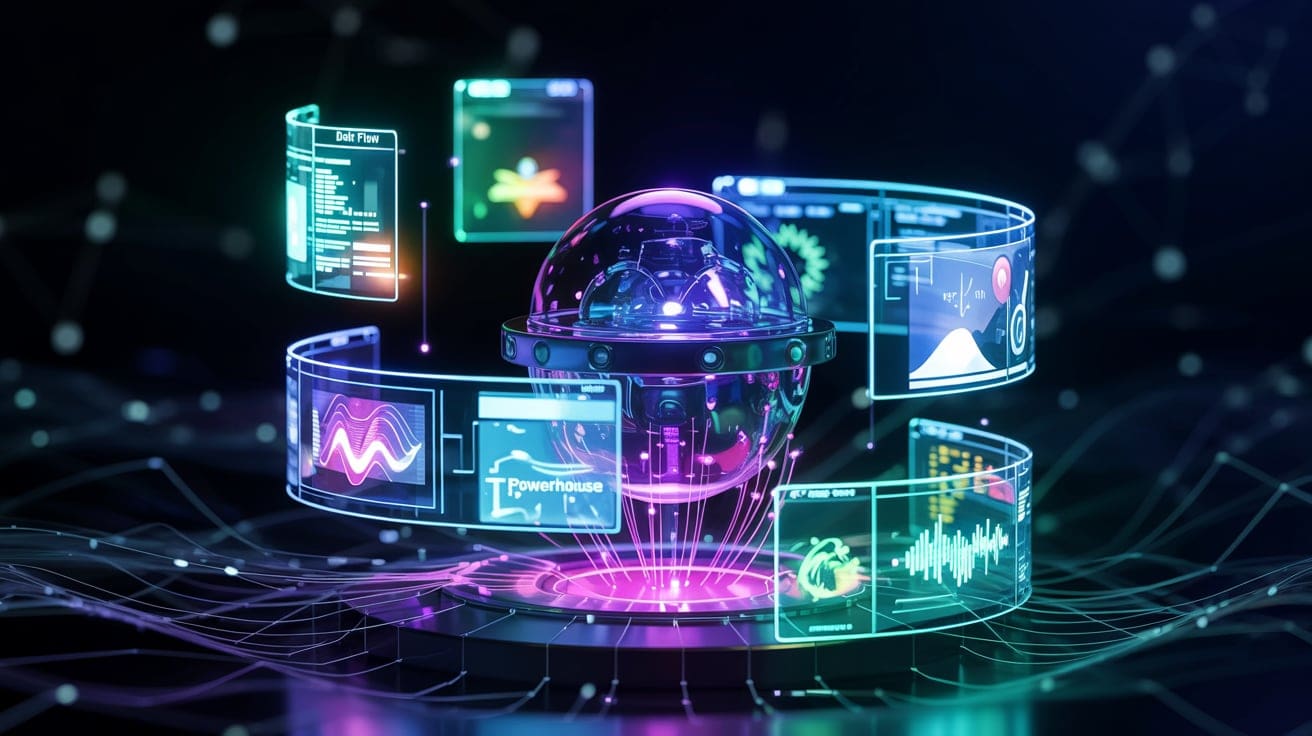




































































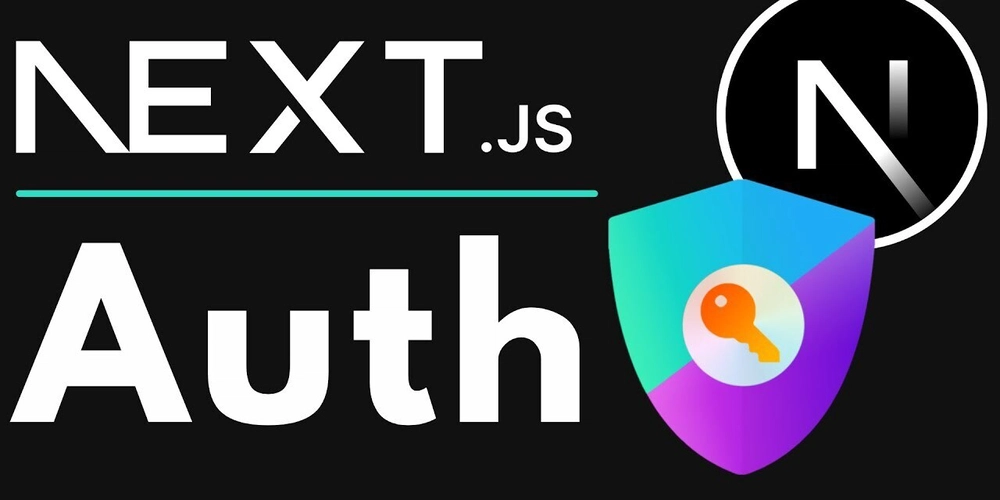










![[FREE EBOOKS] Modern Generative AI with ChatGPT and OpenAI Models, Offensive Security Using Python & Four More Best Selling Titles](https://www.javacodegeeks.com/wp-content/uploads/2012/12/jcg-logo.jpg)




![How to make Developer Friends When You Don't Live in Silicon Valley, with Iraqi Engineer Code;Life [Podcast #172]](https://cdn.hashnode.com/res/hashnode/image/upload/v1747360508340/f07040cd-3eeb-443c-b4fb-370f6a4a14da.png?#)


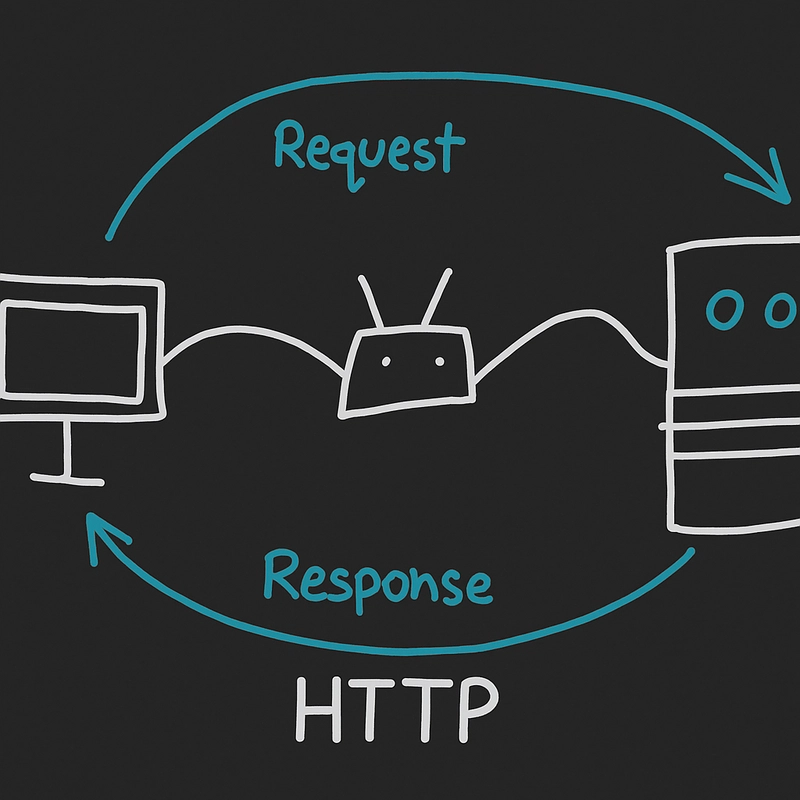










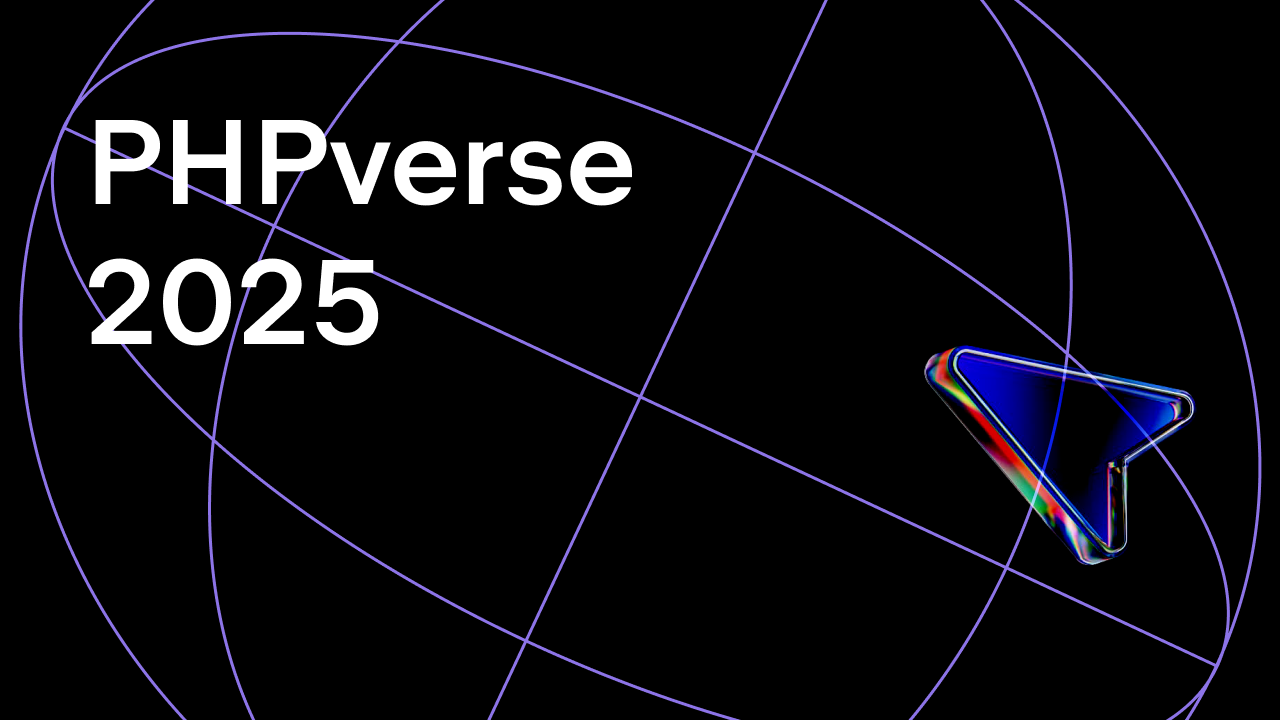















































































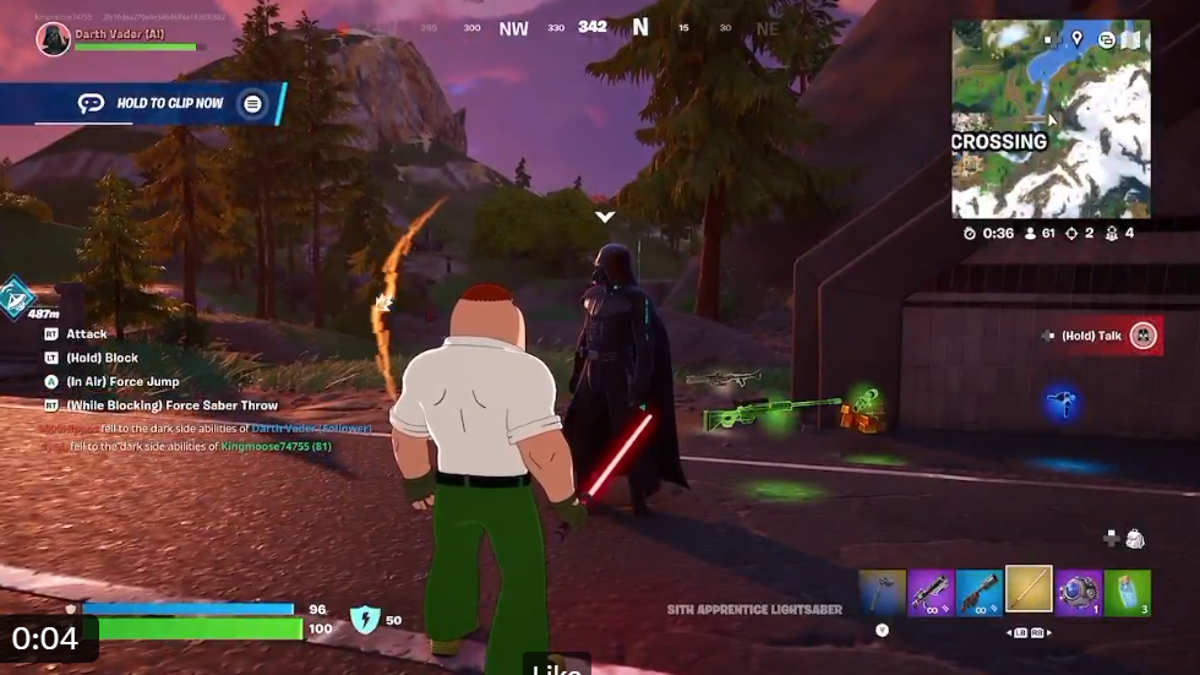
















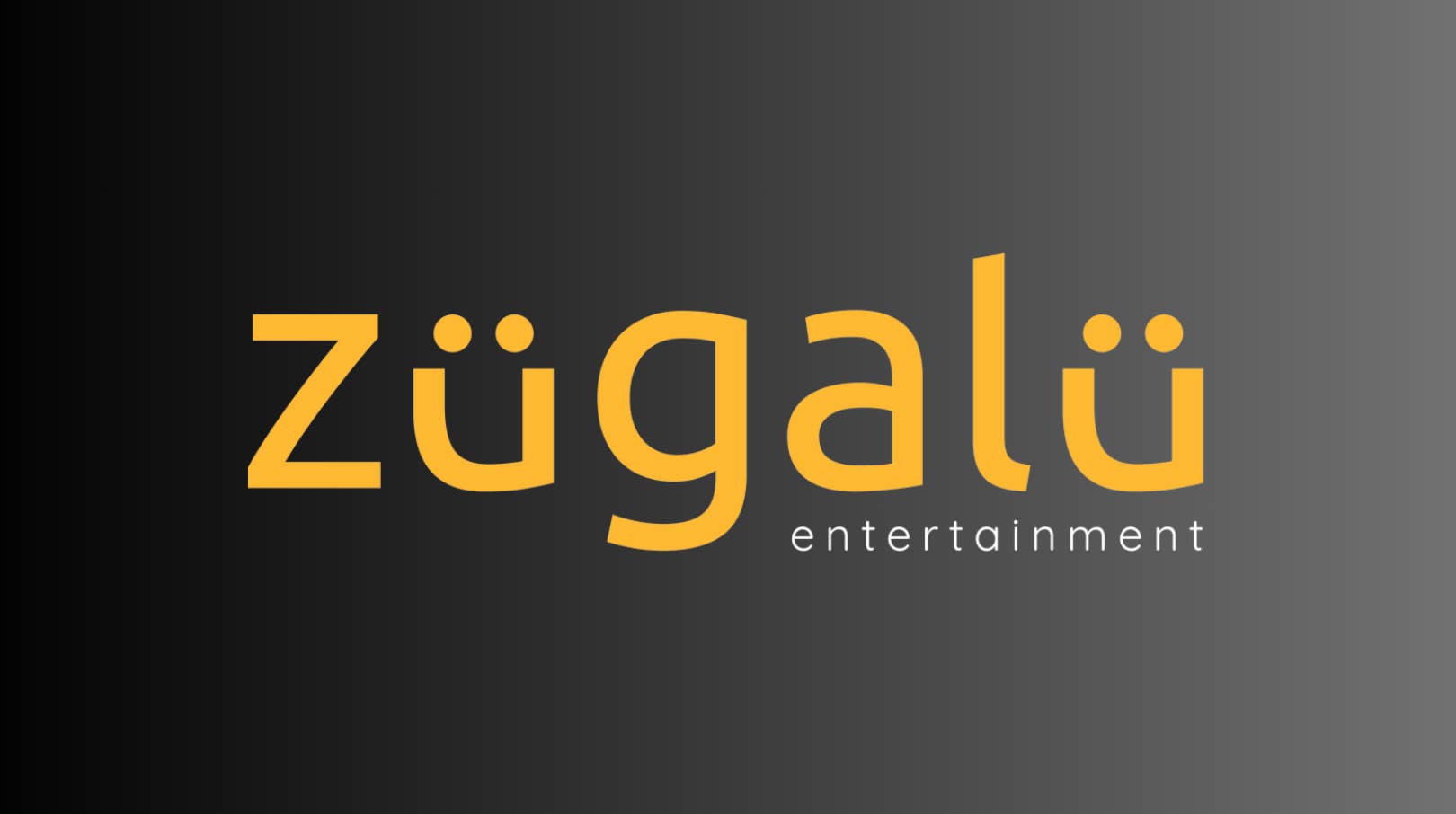



























![[Virtual Event] Strategic Security for the Modern Enterprise](https://eu-images.contentstack.com/v3/assets/blt6d90778a997de1cd/blt55e4e7e277520090/653a745a0e92cc040a3e9d7e/Dark_Reading_Logo_VirtualEvent_4C.png?width=1280&auto=webp&quality=80&disable=upscale#)


















































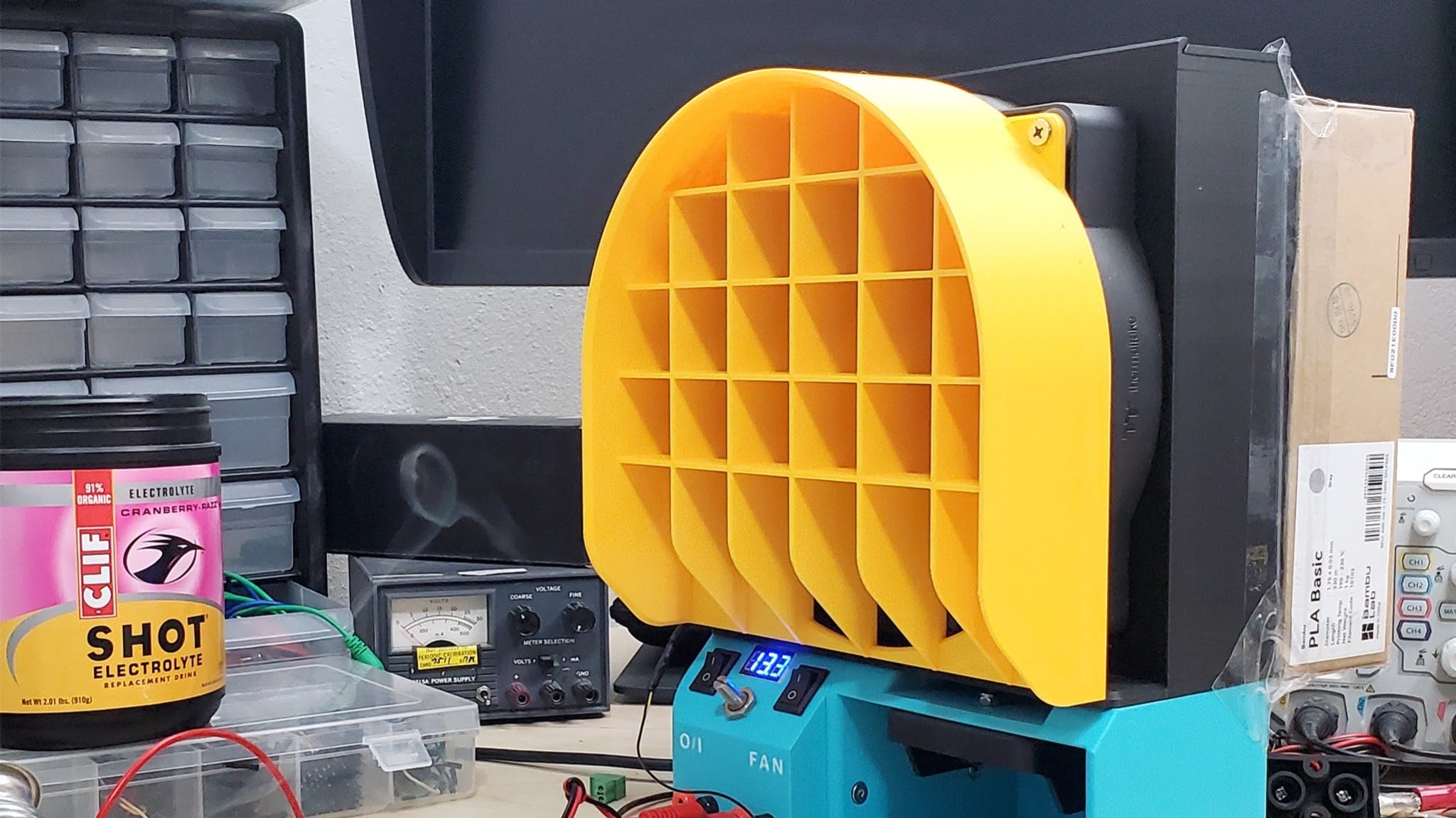






















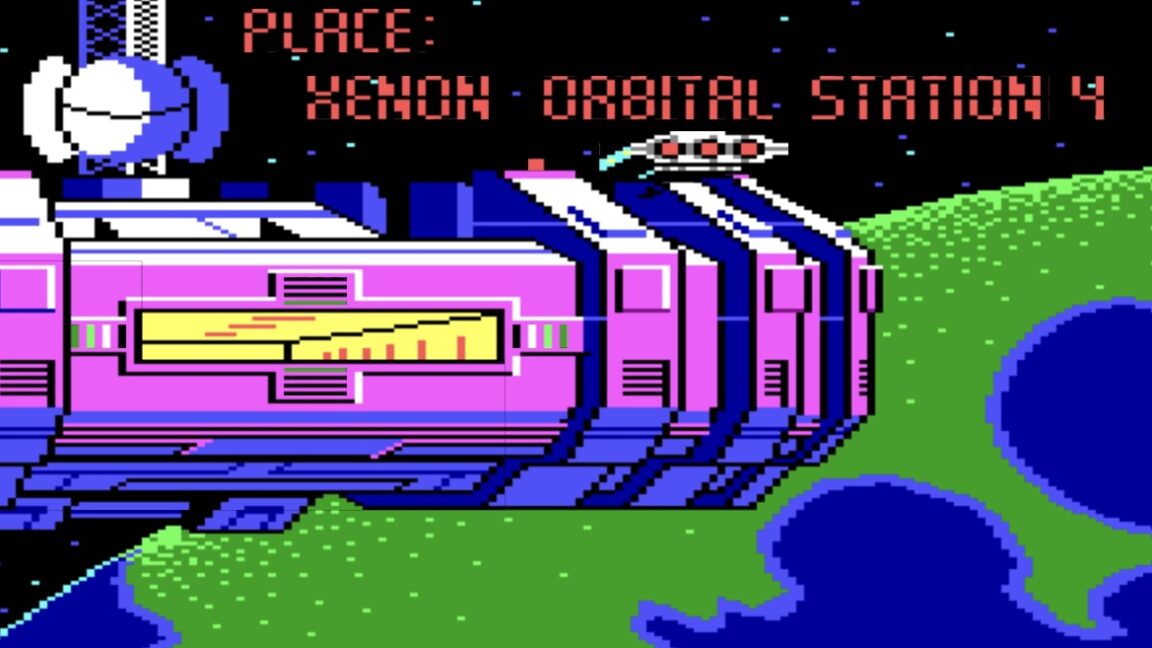




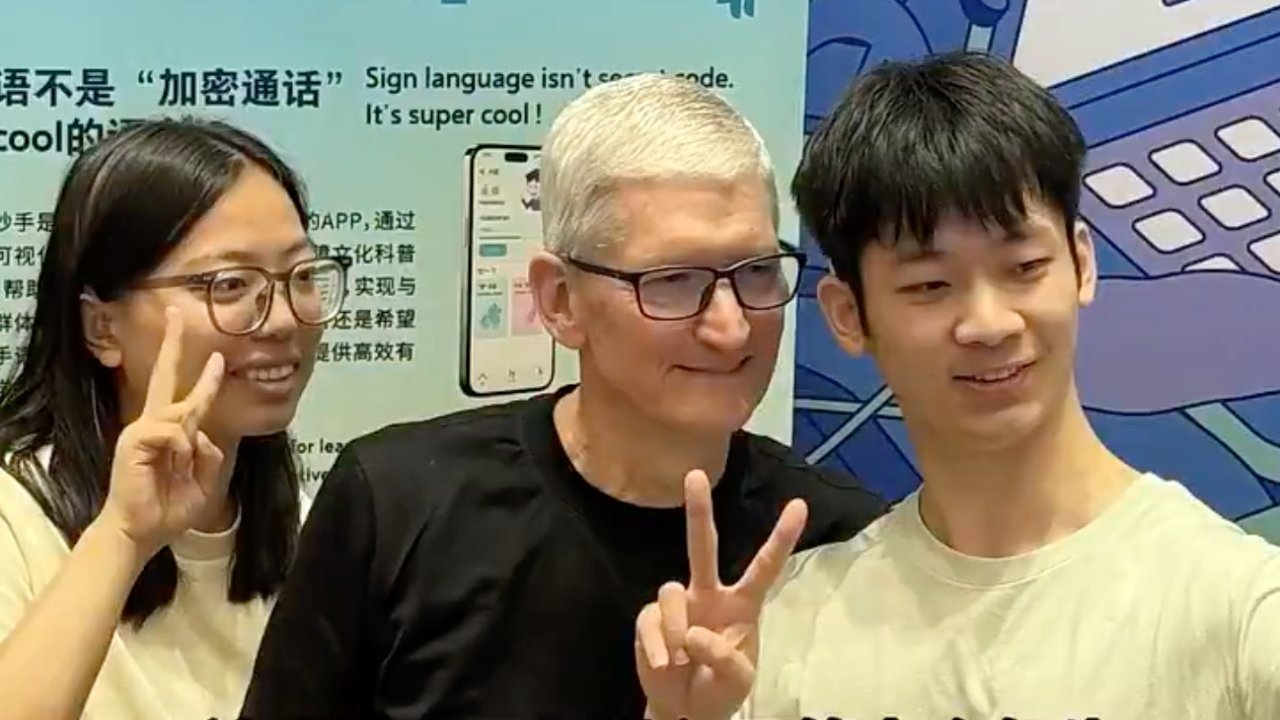
-xl-(1)-xl-xl.jpg)




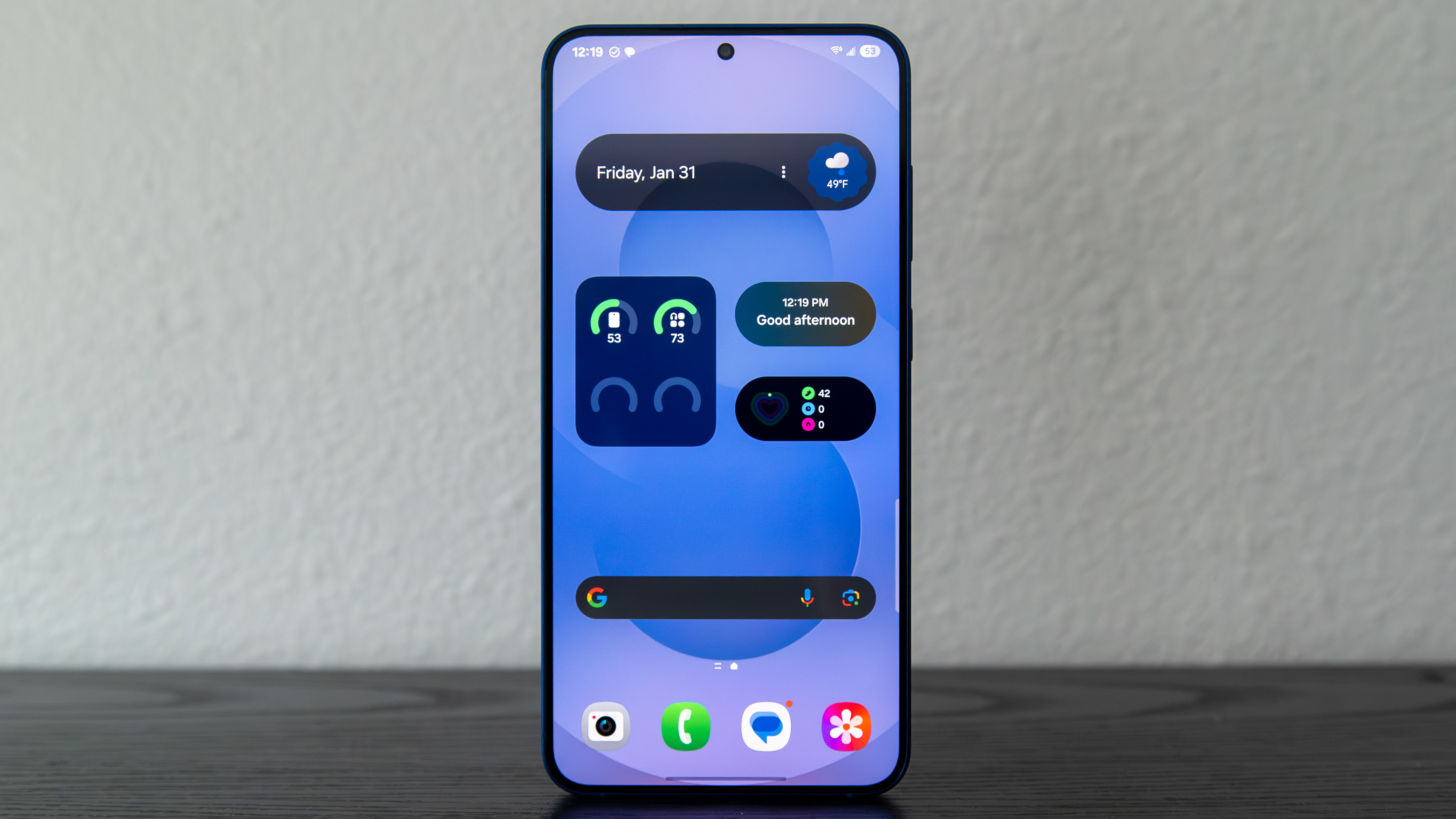


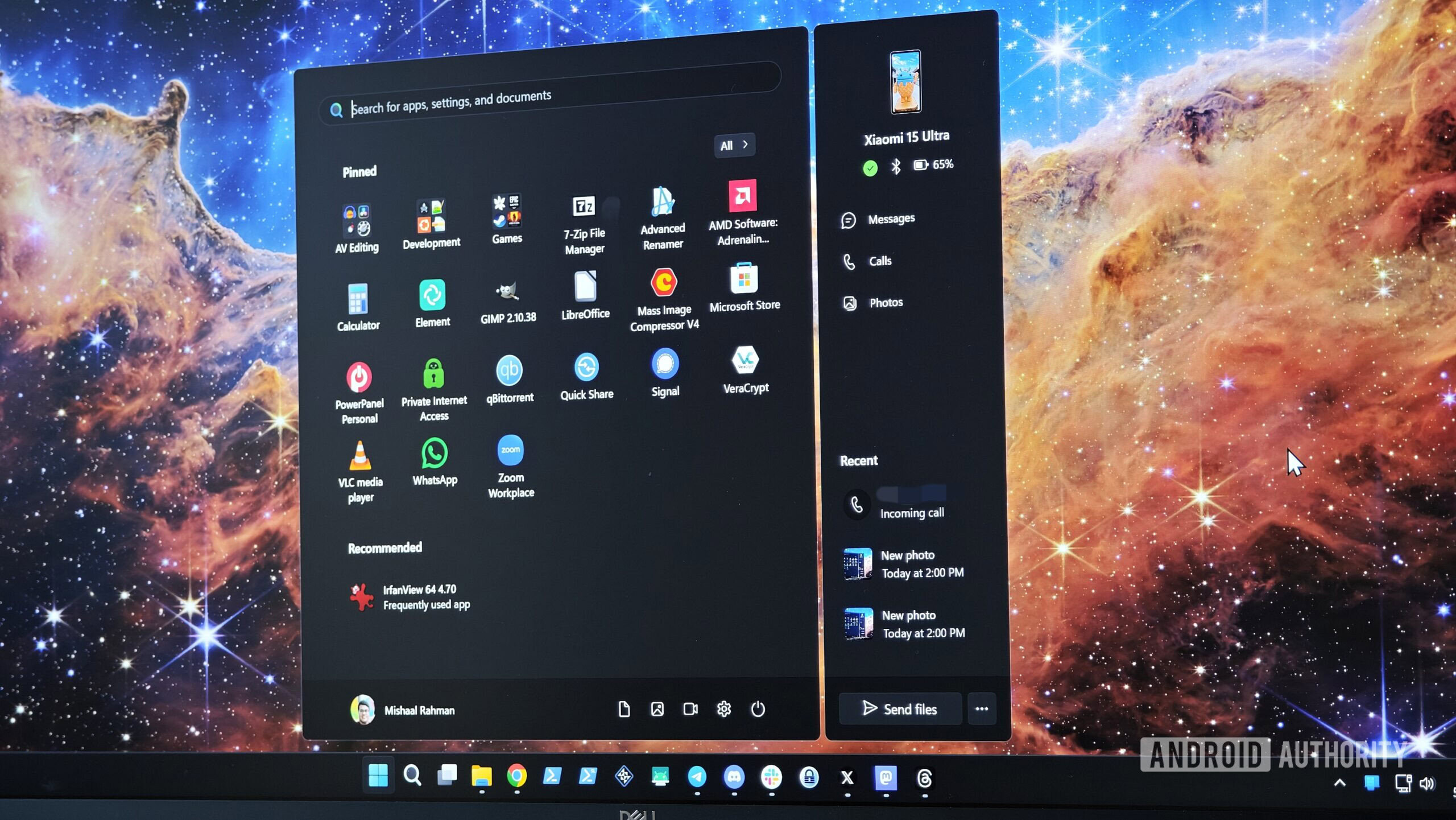


















![iPhone 17 Air Could Get a Boost From TDK's New Silicon Battery Tech [Report]](https://www.iclarified.com/images/news/97344/97344/97344-640.jpg)
![Vision Pro Owners Say They Regret $3,500 Purchase [WSJ]](https://www.iclarified.com/images/news/97347/97347/97347-640.jpg)
![Apple Showcases 'Magnifier on Mac' and 'Music Haptics' Accessibility Features [Video]](https://www.iclarified.com/images/news/97343/97343/97343-640.jpg)
![Sony WH-1000XM6 Unveiled With Smarter Noise Canceling and Studio-Tuned Sound [Video]](https://www.iclarified.com/images/news/97341/97341/97341-640.jpg)
















































